Shilla Duty Free Returns Incheon Airport Concession Amid Unsustainable Rent Burden
Input
Modified
Decline in Average Spend as Duty-Free Liquor Sales Move Online Variable Rent Structure Deepens Losses with Rising Passenger Traffic Rival Operators Including Lotte Duty Free Closely Monitoring Developments
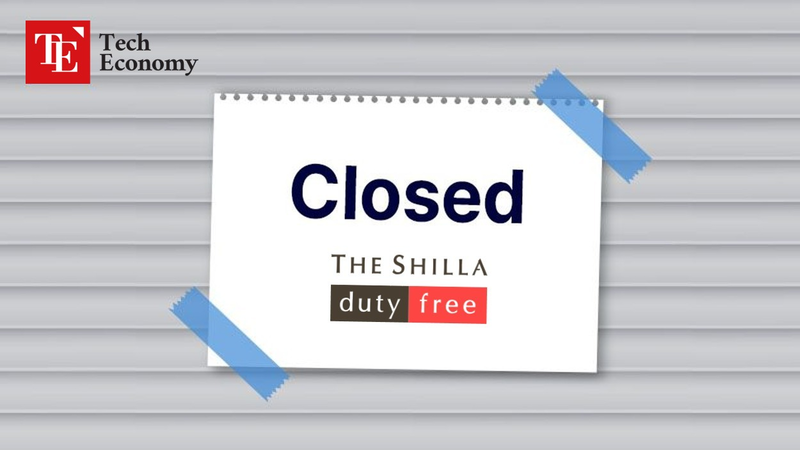
Hotel Shilla, South Korea’s leading duty-free operator, has decided to relinquish its concession for the DF1 zone at Incheon International Airport’s Terminal 1. The move comes after the company’s April request for rent relief was rejected by Incheon International Airport Corporation, leaving Shilla with no option but to withdraw. The company explained that under the variable rent structure, which factors in passenger spend per head, losses mounted as passenger volumes increased, making sustained operations financially untenable.
Collapse of Revenue Base Amid Waning Purchasing Power
According to the duty-free industry on the 19th, Hotel Shilla’s board of directors resolved to return the DF1 operating rights. In a disclosure on the 18th, the company stated, “Since the contract in 2023, rapid shifts in the duty-free market and a sharp decline in the purchasing power of our core clientele have driven average spend per passenger to less than half of prior levels, undermining the projected revenue base. Maintaining the 10-year contract would inevitably lead to excessive losses.” Operations in the zone will cease on March 17, 2026.
Hotel Shilla first entered Incheon Airport’s duty-free market in 2001 and steadily expanded its footprint. However, the COVID-19 pandemic in 2020 inflicted severe damage, prompting withdrawals from Tokyo in the same year, Phuket in 2021, and another concession at Incheon’s Terminal 1. In 2023, buoyed by optimism for post-pandemic recovery, the company secured the DF1 zone with a 10-year contract under the airport’s fourth round of duty-free concessions.
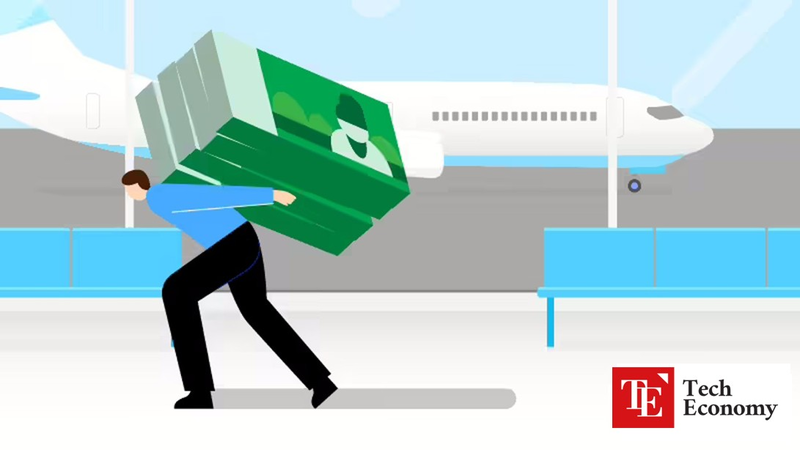
Even Prime Airport Zone Fails to Deliver Profitability
The DF1 zone, now relinquished, is considered Incheon Airport’s most lucrative concession. Terminal 1’s duty-free business is divided into five zones (DF1–DF5). DF1 and DF2 cover liquor, tobacco, cosmetics, and perfumes; DF3 and DF4 cover fashion, accessories, and boutiques; DF5 is dedicated to boutiques. In the 2023 tender, Hotel Shilla secured DF1 with an aggressive bid of $6.60 per passenger, a move that won it the prized concession.
Yet shortly after, in July 2023, the National Tax Service amended regulations to allow online sales of duty-free liquor—long regarded as the “crown jewel” of duty-free categories. This triggered steep discounting, with markdowns expanding from 10% to as much as 40%. For operators like Shilla and Shinsegae, which must balance pricing between physical airport stores and online platforms, deep discounting was unsustainable.
Compounding the strain, a variable rent scheme tied to passenger traffic was introduced in 2023. With outbound travelers reaching 2.97 million in June 2025, Shilla’s bid translated into monthly rent obligations of roughly $250 million. Meanwhile, the post-pandemic absence of bulk-buying Chinese “daigou” traders left Shilla with recurring monthly operating losses of about $60 million.
Both Shilla and Shinsegae sought relief in April by filing for mediation to lower airport rents, hoping to secure viability until full normalization. However, Incheon International Airport Corporation firmly rejected concessions, eliminating negotiation leeway. Faced with mounting deficits, Shilla concluded that surrendering the concession was the only way to protect its financial position. Industry estimates suggest penalty charges of around $1.4 billion will be imposed upon Shilla’s withdrawal.
Tourists Turn to Olive Young and Daiso Instead of Duty-Free Stores
Analysts warn that shifting consumer behavior will hinder recovery in the duty-free sector. Increasingly, foreign visitors to Korea are bypassing airport duty-free stores in favor of domestic retailers such as Olive Young and Daiso. Korean outbound travelers, meanwhile, prefer online duty-free channels or overseas e-commerce platforms, which offer convenient price comparisons and competitive deals.
Sales across downtown duty-free outlets remain equally weak. Data from the Korea Duty Free Shops Association show that industry revenue fell for a fourth consecutive year, from $15.5 billion in 2021 to $13.7 billion in 2022, $10.5 billion in 2023, and $10.3 billion in 2024. Hotel Shilla’s travel retail division reported an operating loss of $520 million last year, while Shinsegae Duty Free posted a $270 million deficit.
Competitors are now reassessing opportunities. Lotte Duty Free, which lost out in the 2023 tender after bidding lower than Shilla and Shinsegae, is reportedly exploring a reentry at 40% below its previous offer. Hyundai Department Store, already present in Incheon’s luxury boutique concession, operates under far lighter terms, with rent based on just $0.82 per passenger—an eighth of Shilla and Shinsegae’s burden—placing it in a comparatively stronger position.

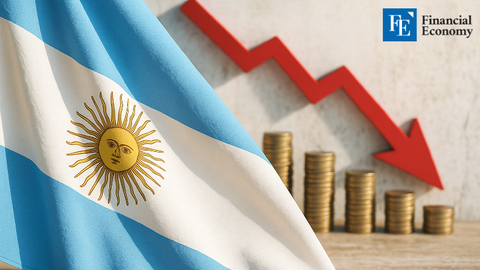
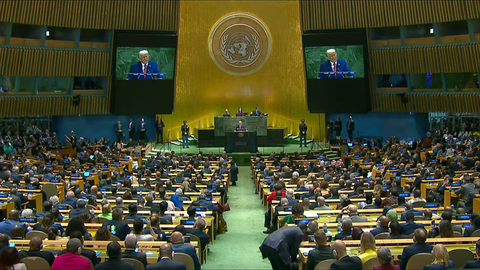
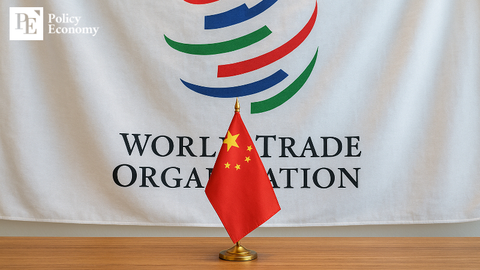
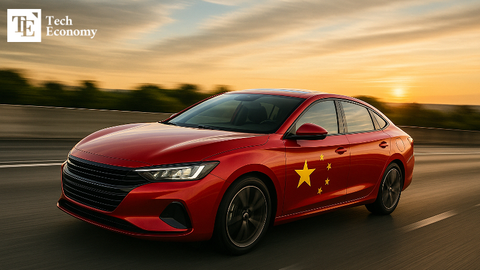
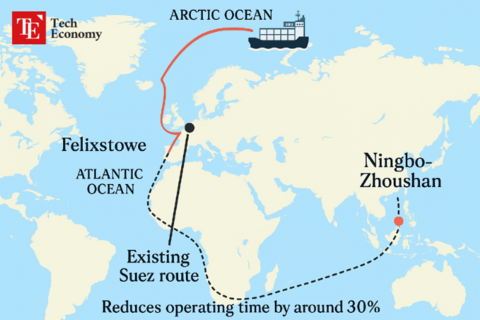
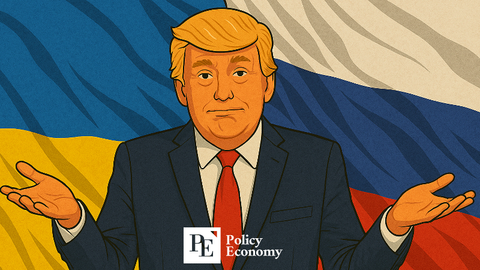


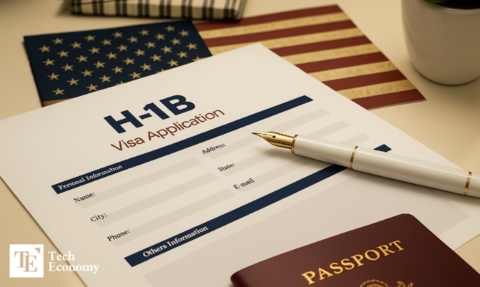












Comment